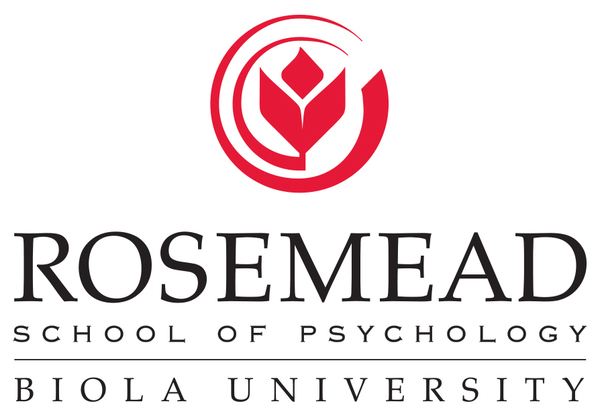
Exploring the Complexity of Sociocultural Identity in Psychoanalytic Psychotherapy
- Friday, March 10, 2017
- 8:30 a.m.–3:30 p.m. Pacific
- Rose 101
- Hosted By: Rosemead School of Psychology
- Open to: Alumni, Faculty, Students
Cost and Admission
You are invited to join fellow alumni and Rosemead friends for a continuing education seminar with Usha Tummala-Narra!
Course Synopsis
Sociocultural identity formation is a complex and layered process that involves intrapsychic, interpersonal and sociocultural understandings of individuals and communities. Individuals experience both choice and constraint in the development of cultural identity, and this process is fluid and dynamic throughout the lifespan. This lecture focuses on addressing the complexity of cultural identity formation within the confines of social oppression and trauma, and within open spaces of exploration both within and outside of the therapeutic relationship. The lecture will provide a lens into the patient’s and therapist’s dilemmas of facing choice and constraint in identity and relationship.
Six continuing education units are available through this seminar.
Learning Objectives
- Describe ways in which the sociocultural context of the client and the therapist influence conceptualizations of health and pathology in development.
- Recognize how psychoanalytic theory informs and deepens an understanding of sociocultural identity in psychotherapy.
- Identify how experiences of privilege and oppression contribute to complex and sometimes contradictory cultural identifications, and challenging dynamics within the therapeutic relationship.
About Our Speaker

Usha Tummala-Narra, Ph.D.
Usha Tummala-Narra is clinical psychologist and associate professor at Boston College. An accomplished scholar and researcher, Tummala-Narra specializes in bringing a psychoanalytic lens to multicultural psychology, psychological trauma, racial discrimination among immigrant communities and dealing with race and ethnicity in the psychotherapeutic process. In addition to over 65 journal articles and book chapters, Tummala-Narra’s most recent book, Psychoanalytic Theory and Cultural Competence in Psychotherapy (2016, American Psychological Association), outlines a specific model for engaging culture, race, ethnicity and issues of difference within the framework of psychoanalytic theory and psychotherapy. The recipient of several academic awards including the 2015 APA Division 39 Diversity Award, Tummala-Narra speaks often on the topics of diversity and multicultural issues.
NOTE: Rosemead School of Psychology is approved by the American Psychological Association to sponsor continuing education for psychologists. Rosemead School of Psychology maintains responsibility for this program and its content.
Questions?
Contact:
rosemead.alumni@biola.edu
 Biola University
Biola University